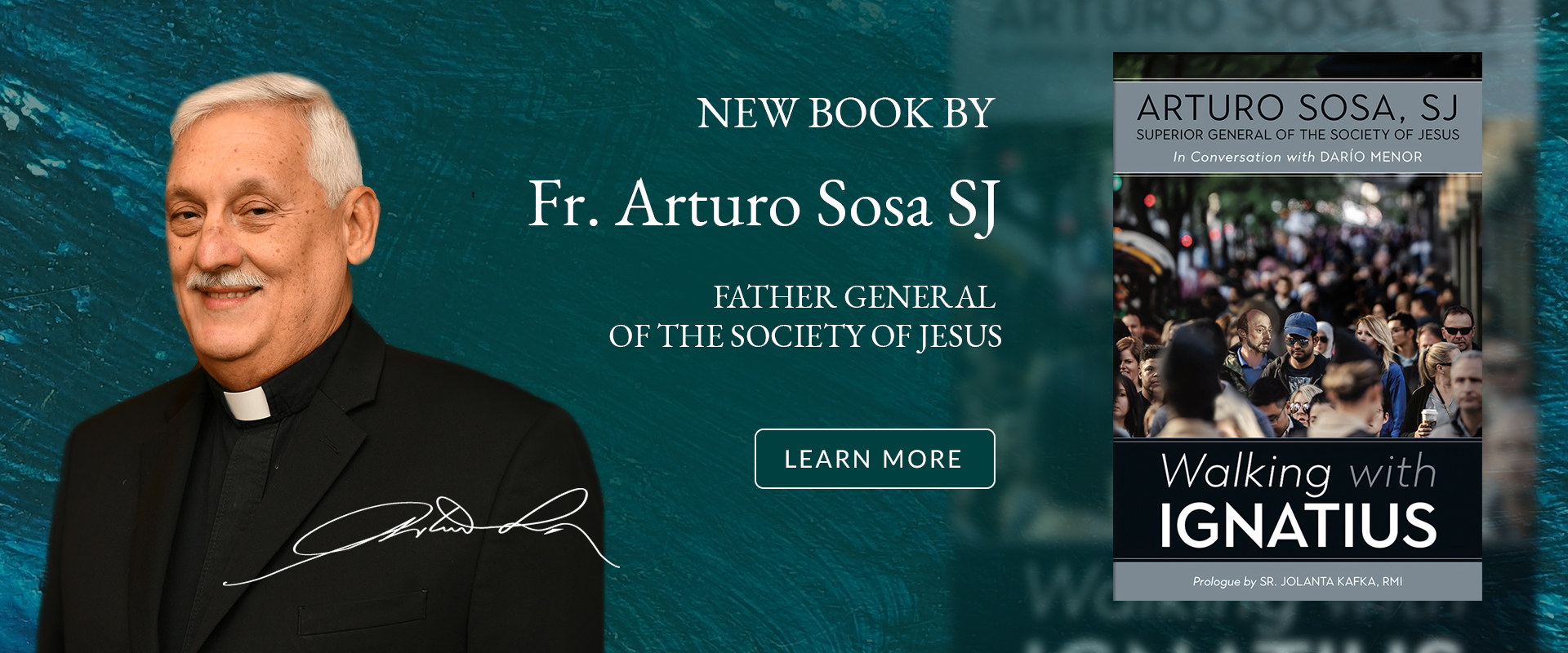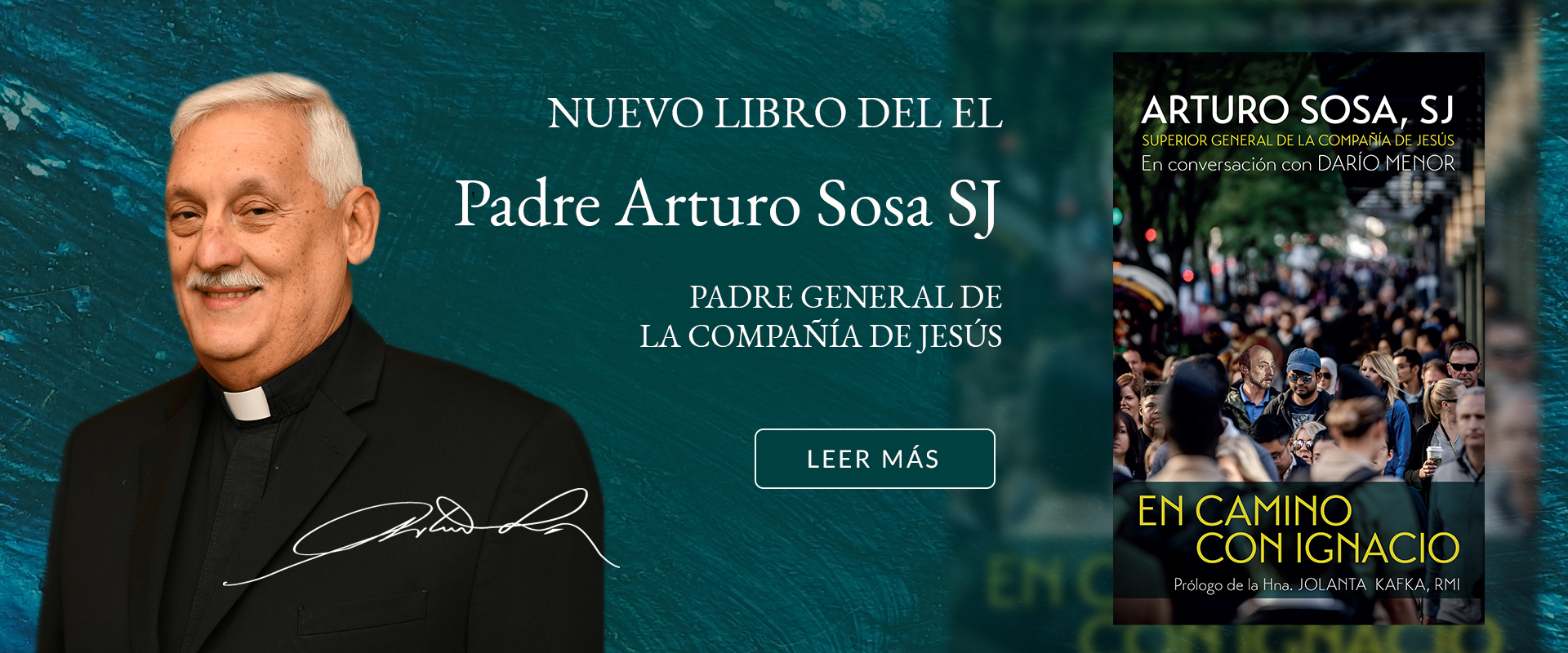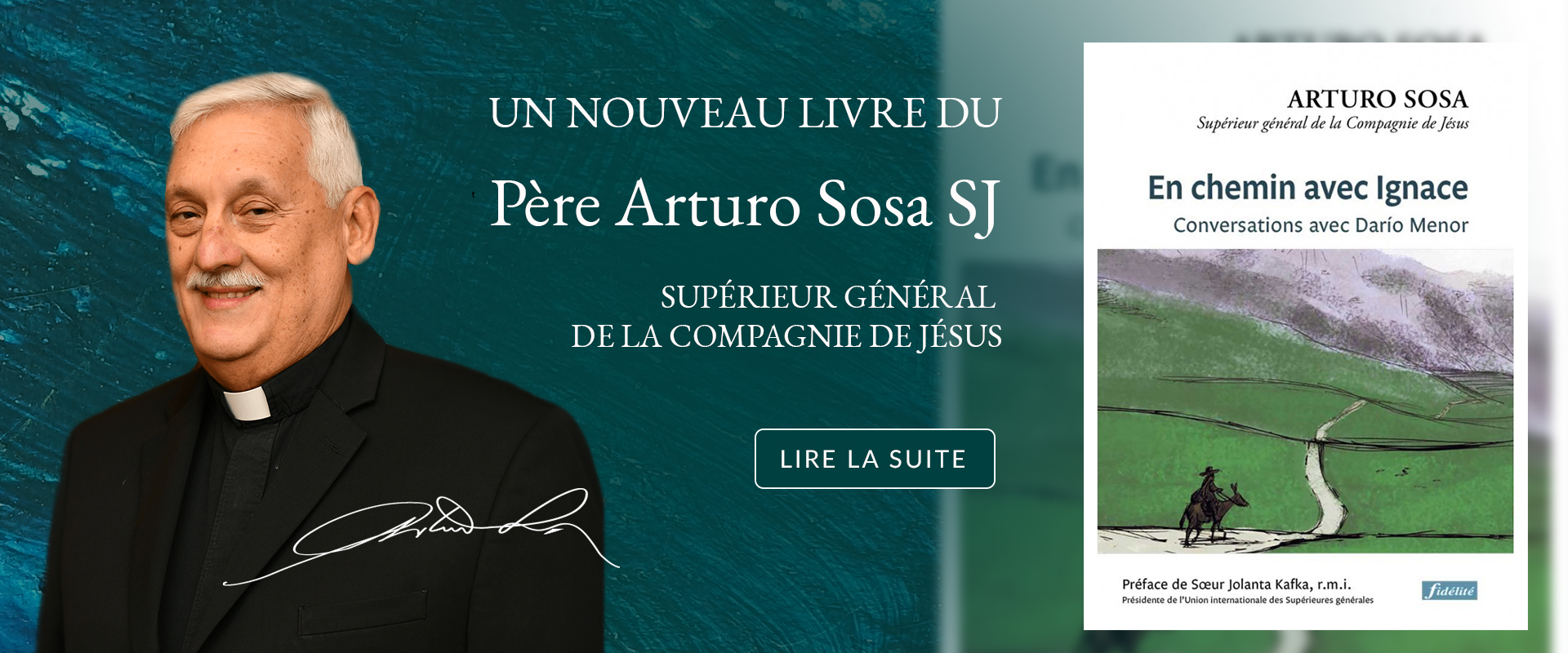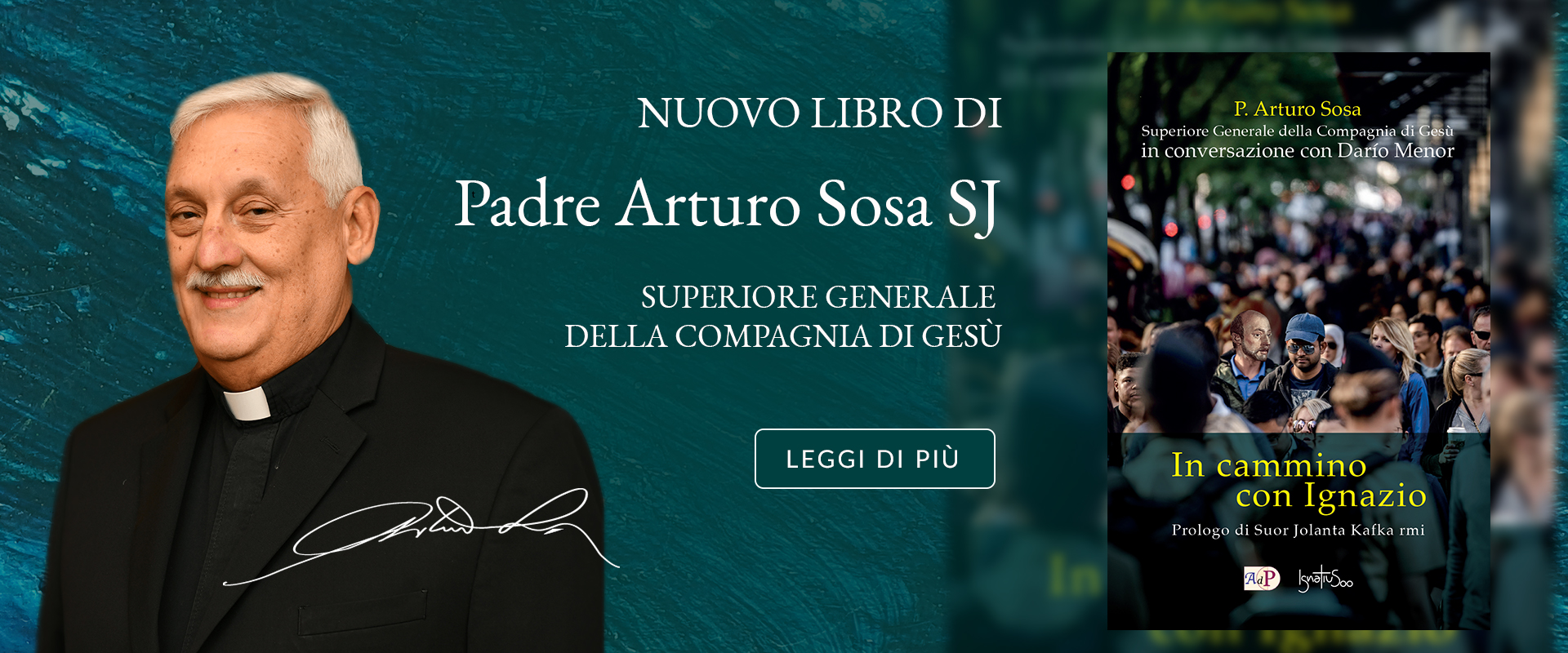Eight Ignatian ways to find true freedom
DiscoverIgnatius of Loyola found true freedom when he learned to listen to the voice of God. It was a process that took a long time. It happened after being almost fatally wounded in battle.
His legs – and his dreams for himself – were shattered. Has that ever happened to you? Not literally of course we hope. But life has many twists and turns. It never turns out like we hoped. How have you coped with that? Were you disappointed? Bitter? Or energised by new directions and finding new hope and faith …and even love?
True freedom is about being free of the self, about not putting yourself in the centre, but rather about putting Christ in the centre of your life.
Ignatius found true freedom and learning from his experience, we can suggest eight ways to true freedom.
1. Examen
An Ignatian term which means to take some time to notice where you are; where your heart is; how your heart is. What you have been attracted to and drawn to at superficial levels…and at deeper levels? In that way you will be able to gradually heighten your consciousness; discover your deepest self and learn to move into those deeper spaces. You will learn to see more easily where you have been answering God’s call in your life, and where you have wandered away from Him.
2. Imagination
Ignatius says that your imagination can be a way to join your story with Jesus. Sure, our imagination can lead us astray in all sorts of ways. Scary! But it can also save us. How? Ignatius says: imagine your life going forward with Jesus. Imagine yourself at the pool as Jesus comes along…and heals you (Jn. 5, 1-15). Imagine yourself being let down through the roof by your friends…and being cured (Lk. 5, 17-26). Imagine a new beginning.
Let your dreams for yourself be changed by contact with God’s dreams for you. Can you risk it? Just as He talked and walked and helped and healed we can imagine ourselves listening to Him, being gradually transformed…and then doing the same thing, going out every day, hand in hand with Him; learning to live and love as He did; to be towards other as He was. It is a lifetime journey. But it can start now.
3. Find a spiritual guide
If we go at it alone – the so modern tendency – we can take wrong turns. But we don’t even notice until it is too late and we have become lost in a fog. But if you go with somebody, if you learn to trust somebody, if you risk sharing what is going on inside yourself…you will be amazed. Amazed at the wisdom in other people and how the Spirit of God is moving in us. Other people often see things that are blind spots for us. Of course, if you trust people who are not trustworthy or who are not really very wise you will end up in trouble. So, find a wise guide – a wise mentor – it can be a close friend; it can be a priest; it can be a religious brother or Sister; it can be somebody who has good sound common sense. St. Teresa of Avila said “Give me somebody who has a lot of common sense rather than somebody spiritual”. Try it!
4. Keep a journal
Journaling is where you keep track of yourself and your ups and downs, your going forward or falling back. Ignatius was a big fan of journaling. He knew how we so easily forget things. Especially we forget to be grateful. We go back to our default which is …well…finding fault with self and other. Journaling can help you notice when you are blocked; it can help you notice when you have moved forward; it can help you notice what is going on inside yourself every day. We distract ourselves so much with social media, with TV, with films, with shopping. Journaling helps you stop all of that and look for something deeper and be grateful.
5. Go out to help other people
What about once a week working in homeless shelter for an hour or two, or at lunchtime helping in a soup kitchen? It need not take all day; it need not take all week; it need not be dramatic. But it can open your eyes to people outside your own “bubble”. It can free you up to think in different ways about the world and about other people. It can release you from your prejudices. You will see with new eyes. You may even discover a new ‘you’; a liberated you. St. Ignatius said: “Love is shown more in deeds than in words.” We are all called to be people for others, that means: at the service of the other.
Some ideas for you:
- Link 1 : Your local parish! 🙂
- Link 2
6. Discover the leader inside you
Yes, we are all leaders. You might not be leader in a top position of a company or on a Silicon Valley company. We are so often brainwashed to think that they are the real leaders: the powerful, the (self) important, the folks in charge, the ones who know how to throw their weight around. But Jesus reversed all that and said that is not real leadership, Gospel leadership. Gospel leadership is about serving, listening, loving, imagining, embracing, forgiving. With those yardsticks, we are all potential leaders. You can be a leader in your family; you can be a leader in your local community. A father can be a leader for his children and a mother a leader for her children.
Find out more about being a leader in an Ignatian way:
7. Read the Bible every day
A handy way to do this is to just follow the readings of the day proposed for the Eucharist and you can get them online in any search. And when you have found them, find a quiet place, light a candle and read slowly. And then …just notice. Notice what phrase or word strikes you. You may find your mind wandering off in all sorts of directions. But gradually you will be able to touch into what is most vital for you, the love that energises your life, the blocks to that love. The Bible – read prayerfully – can be a kind of barometer. Don’t read it as a set of moral instructions that you do (or more often don’t) live up to. Read it and… allow it move you. That’s the Spirit!
Find out more about reading the Bible in an Ignatian way:
8. Discernment
Discernment is about finding the call of God in your life and it summarises all the other above points. You discern through listening to yourself. You discern through hearing others. You discern through imagining a different world and a different you in that world. You discern through service. All of these are inputs for your discernment. But most importantly, you discern by listening to the Spirit who is always at work in the seven points mentioned above. It is about learning what comes from God, and what comes from the bad spirit and to choose God.













